
EU iron ore imports at 10-year low in August
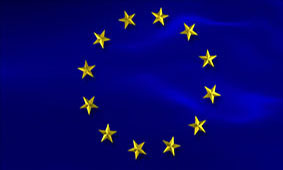
August imports totalled 8.17mn t, down from 10.27mn t in July and 12.02mn t in August 2018, trade data show. Volumes from every major supplying country were cut in August, including a 53pc year on year drop in imports from Brazil, a 37.4pc drop from Russia and a 7.2pc decline from Canada. Imports from South Africa were up by 41.8pc year on year, but down on the month by 52.6pc at 594,895t.
It is rare for the EU's monthly iron ore imports to drop below the 10mn t mark, and the last time they were in the region of August's level was in mid-2009 with 6.26mn t imported in June and 8.63mn t imported in July.
Total January-August iron ore imports came to 89.64mn t, down from 96.18mn t a year earlier.
German iron ore imports slipped to 2.5mn t in August, down from 2.96mn t in July and 2.6mn t in August 2018. Germany's total January-August imports came to 26.29mn t, little changed from 26.96mn t a year earlier as high-structured long-term supply contracts continue to sustain inflows.
Many European mills are understood to have already lifted scrap ratios in their blast oxygen furnaces to their upper limit of around 20pc in order to reduce consumption of comparatively expensive high-grade iron ore products, so they now have little scope to make further adjustments in that area, sources said. The ratio of lump to pellets being used has also been pushed as far as possible for most steelmakers, with once source noting adjustments this year from German mills in particular to increase lump usage.
EU steelmakers have come under considerable strain from iron ore costs this year, particularly as 62pc Fe fines benchmarks hit multi-year highs of just over $125/dmt cfr Qingdao in early July amid talk of tight supply following the fatal dam collapse at Vale's Brumadinho site in January. The mid-year price spike caused particular consternation amongst Europeans, who have for many months been describing plentiful regional iron ore supply bordering on excess.
The Argus ICX index for 62pc Fe fines is currently at $85.80/dmt cfr Qingdao, down from the July high by still up from $74.15/dmt a year ago.
Atlantic pellet costs
European market participants currently describe frequent offers of pellet in the Atlantic — particularly of CIS origin — marking a significant shift after the global pellet supply tightness of the past few years.
A significant number of Brazilian pellet cargoes are being diverted from Europe to China in the fourth quarter, market participants said, underscoring the regional oversupply issue.
There remains a high degree of ambiguity around the pellet costs being shouldered by European mills, with buyers largely reluctant to disclose details and provisional pricing terms still understood to be in wide use for 2019 supply.
The absence of 2019 pellet price clarity from European mills is causing some onlookers to question whether suppliers have actually managed to switch the price base to a 65pc Fe fines index from a 62pc Fe fines index — a switch that has been met with considerable buy-side resistance — and this is then fuelling uncertainty about which base will be used for 2020 Atlantic contracts.
Some analysts estimate current Atlantic premiums for blast furnace grade 65pc Fe pellets in the mid-$30s/t, but no actual trading activity has been seen at this price. The widespread expectation is for 2020 Atlantic pellet supply contracts to be settled significantly lower than 2018's $58/t premium to a 62pc Fe fines base for BF pellets and $62/t premium for DR grade pellets.
Indian pellet exports to the EU have dried up since the second quarter, but a cargo was recently heard sold to Turkey. It remains to be seen whether European interest in Indian pellets will revive once the steel market strengthens again. Some regional mills are understood to be monitoring the potential for Indian pellets in their facilities, although they have not made any bookings.
Argus last assessed Indian 64pc Fe, 3pc Al pellets at $103/dmt cfr Qingdao on 15 October. The price for 64pc pellets with 2pc Al was assessed at $105/dmt cfr Qingdao.


Gold price eases after Trump downplays clash with Fed chair Powell
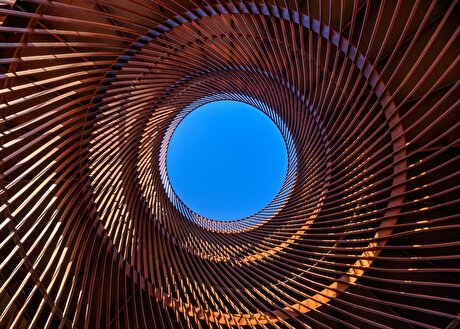
Copper price hits new record as tariff deadline looms
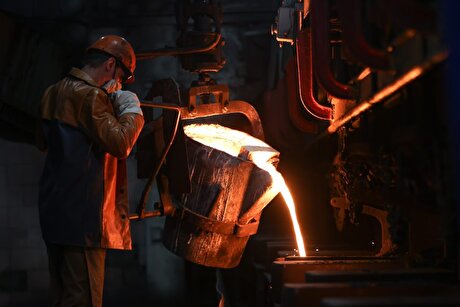
Brazil producers look to halt pig iron output as US tariff threat crimps demand

Chile’s 2025 vote puts mining sector’s future on the line

Gold price could hit $4,000 by year-end, says Fidelity
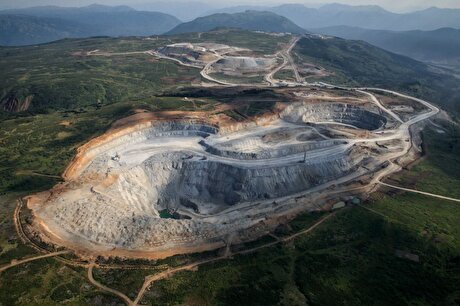
Three workers rescued after 60 hours trapped in Canada mine
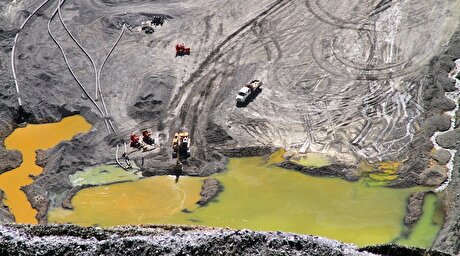
US targets mine waste to boost local critical minerals supply
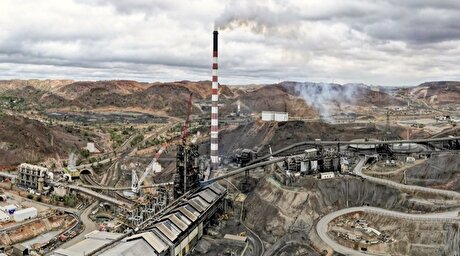
Glencore workers brace for layoffs on looming Mount Isa shutdown
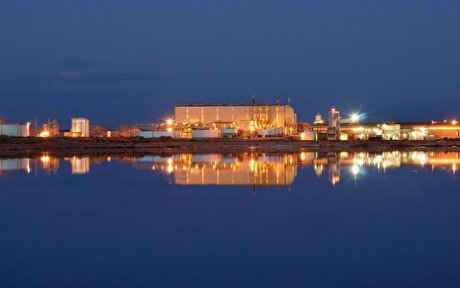
Energy Fuels surges to 3-year high as it begins heavy rare earth production
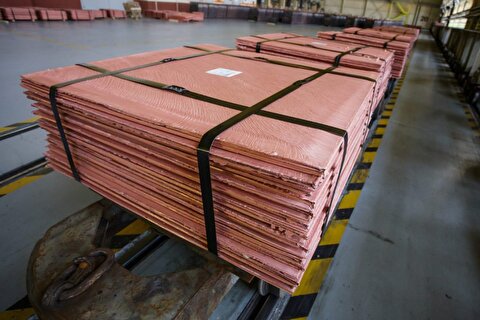
Trump tariff surprise triggers implosion of massive copper trade

Maxus expands land holdings at Quarry antimony project in British Columbia

BHP, Vale accused of ‘cheating’ UK law firm out of $1.7 billion in fees
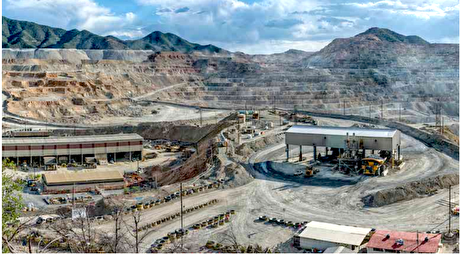
Southern Copper eyes $10.2B Mexico investment pending talks
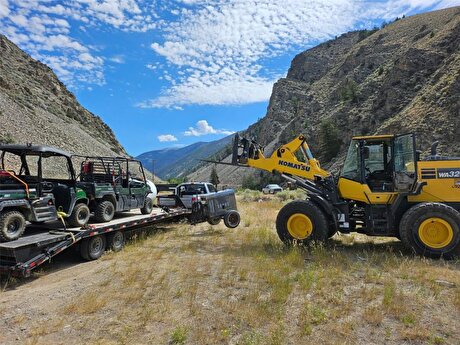
American Tungsten gets site remediation plan approved for Ima mine in Idaho

Kinross divests entire 12% stake in Yukon-focused White Gold

Gold price could hit $4,000 by year-end, says Fidelity

Southern Copper expects turmoil from US-China trade war to hit copper

Ramaco Resources secures five year permit for Brook rare earth mine in Wyoming

Column: EU’s pledge for $250 billion of US energy imports is delusional

Trump tariff surprise triggers implosion of massive copper trade

Maxus expands land holdings at Quarry antimony project in British Columbia

BHP, Vale accused of ‘cheating’ UK law firm out of $1.7 billion in fees

Southern Copper eyes $10.2B Mexico investment pending talks

American Tungsten gets site remediation plan approved for Ima mine in Idaho

Kinross divests entire 12% stake in Yukon-focused White Gold

Gold price could hit $4,000 by year-end, says Fidelity

Southern Copper expects turmoil from US-China trade war to hit copper

Ramaco Resources secures five year permit for Brook rare earth mine in Wyoming














